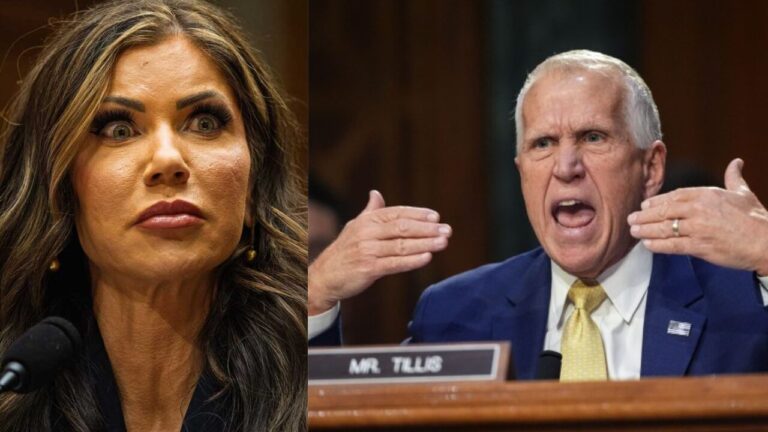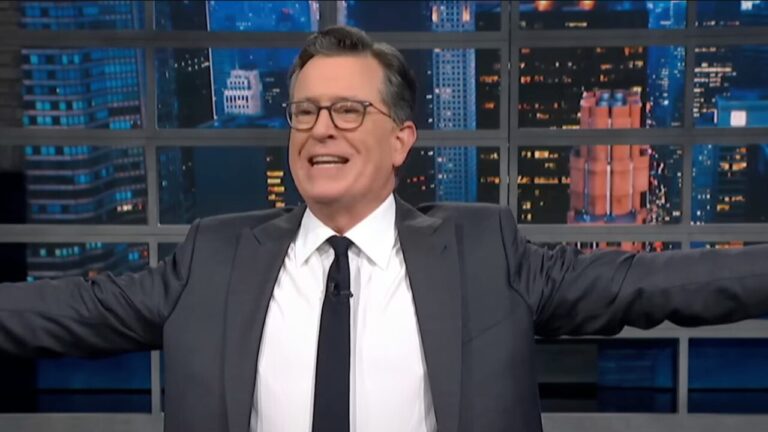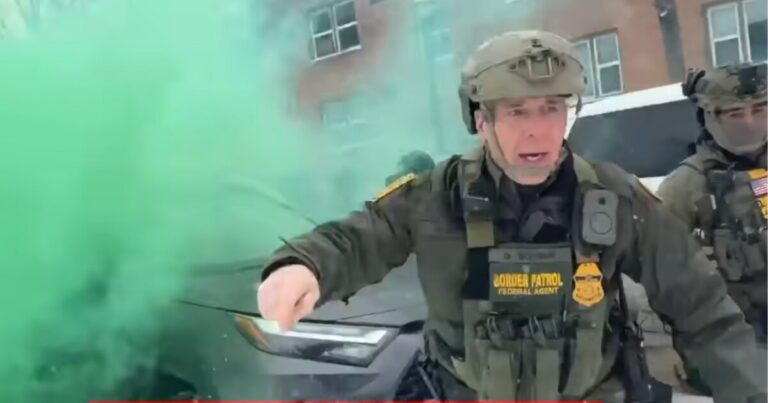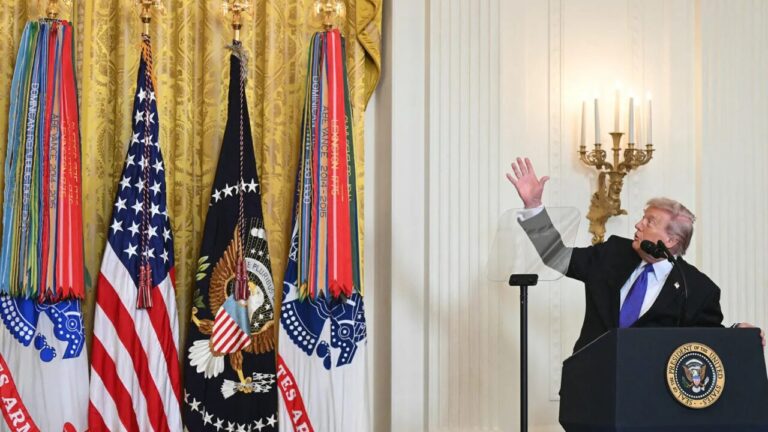Truthout continues to be a vital platform for movement builders, organizers, and activists everywhere. Help sustain this work with a quick donation.
This article was first published by ProPublica, a Pulitzer Prize-winning investigative journalism outlet. Sign up for The Big Story newsletter to get more investigations like this delivered straight to your inbox.
The U.S. Department of Housing and Urban Development (HUD) is preparing to shut down seven significant investigations into alleged housing discrimination and segregation — even some where the agency already identified civil rights violations — according to documents obtained by ProPublica.
These major cases center on accusations that governments in Southern and Midwestern states intentionally marginalized communities of color by directing polluting industries or low-income housing into their neighborhoods, while shielding white areas from such developments. HUD has been pursuing these cases — some for up to seven years — ranging from newer probes to those that resulted in formal discrimination charges. In three instances, the agency had concluded violations of the Fair Housing Act or similar civil rights laws had occurred. A staffer familiar with the other four cases told ProPublica they believe those also involved violations. Now, under Donald Trump’s leadership, HUD is planning to terminate all of them, despite earlier findings.
Four HUD employees told ProPublica they could not recall any prior instance of such a broad shutdown. They viewed it as a major step back in fair housing enforcement. “No administration has ever scaled back these protections so aggressively,” one said. “HUD’s civil rights enforcement is meant to defend our most vulnerable populations.”
In the short term, the closures may allow local authorities to continue policies that allegedly harm minority communities. Long-term, officials worry it will signal to politicians and developers that they can reinforce segregation without federal pushback.
HUD spokesperson Kasey Lovett declined to respond to questions, saying the department does not comment on active Fair Housing matters or personnel.
Three of the cases under review allege racial bias in land-use decisions. In Memphis, the city and its utility company reportedly pressured Black residents of a low-income neighborhood to vacate their homes to make space for a new facility. In Cincinnati, officials allegedly funneled low-income housing into Black communities while excluding it from white neighborhoods. And in Chicago, politicians allegedly wielded veto power over local development, resulting in a lack of affordable housing in predominantly white areas. Memphis and its utility, along with Chicago, have denied wrongdoing. Cincinnati did not comment.
Another case involves a Texas agency accused of redirecting $1 billion in disaster recovery funds — meant for areas hit hardest by Hurricane Harvey in 2017 — away from Houston and other majority-Black areas toward less-affected rural, white regions. The Texas agency has rejected the claims.
All seven cases are now scheduled for closure. HUD also intends to halt enforcement of an existing settlement in the Chicago recycling dispute, records show.
The decision to end the investigations is being led by Brian Hawkins, a senior adviser in HUD’s Fair Housing Office, according to two sources within the agency. Hired during the Trump administration, Hawkins reportedly has no legal background or housing experience. His LinkedIn page confirms this. Earlier this month, Hawkins circulated an internal list outlining the plan to dismiss the seven cases. For those concerning Cincinnati, Flint, Houston, and Corpus Christi, the agency would issue findings of “no cause on [the] merits.” For the two Chicago cases and the Memphis matter, HUD would withdraw previous letters detailing its civil rights findings. Hawkins did not respond to a request for comment.
No legal rationale accompanied the internal list. However, Hawkins distributed a memo referencing the Chicago recycling case. It pointed to a Trump executive order from April that ended federal enforcement of “disparate-impact” claims — situations where policies appear neutral but disproportionately harm protected groups. The memo stated that HUD would not view environmental harm as a violation of fair housing law without proof of intent. Four staff members said that stance sharply contradicts longstanding HUD policy and legal precedent.
The reversal in the Chicago recycling case came after behind-the-scenes lobbying from Senator Jim Banks of Indiana. In June, Banks wrote to HUD Secretary Scott Turner and EPA Administrator Lee Zeldin, criticizing the Biden administration’s earlier stance on the case as “blatant overreach.” He urged Trump appointees to “take any actions you deem necessary” to intervene. Banks did not comment for this article.
Other federal and state agencies had also scrutinized the seven cases, including the Environmental Protection Agency and the Department of Justice. The EPA declined to confirm whether it was continuing any of the investigations. DOJ did not respond.
The closures at HUD mark the latest phase in the Trump administration’s ongoing rollback of civil rights enforcement in housing — a trend ProPublica has previously documented. The agency recently proposed transferring over half its fair housing lawyers from the general counsel’s office into unrelated departments, compounding earlier losses in legal staff, according to four officials.
These changes could have deep and lasting consequences. “Fair housing policy defines how our cities are built, who lives where, where pollution happens, where disaster funds go,” one official explained. “Without enforcement, America becomes something very different.”




